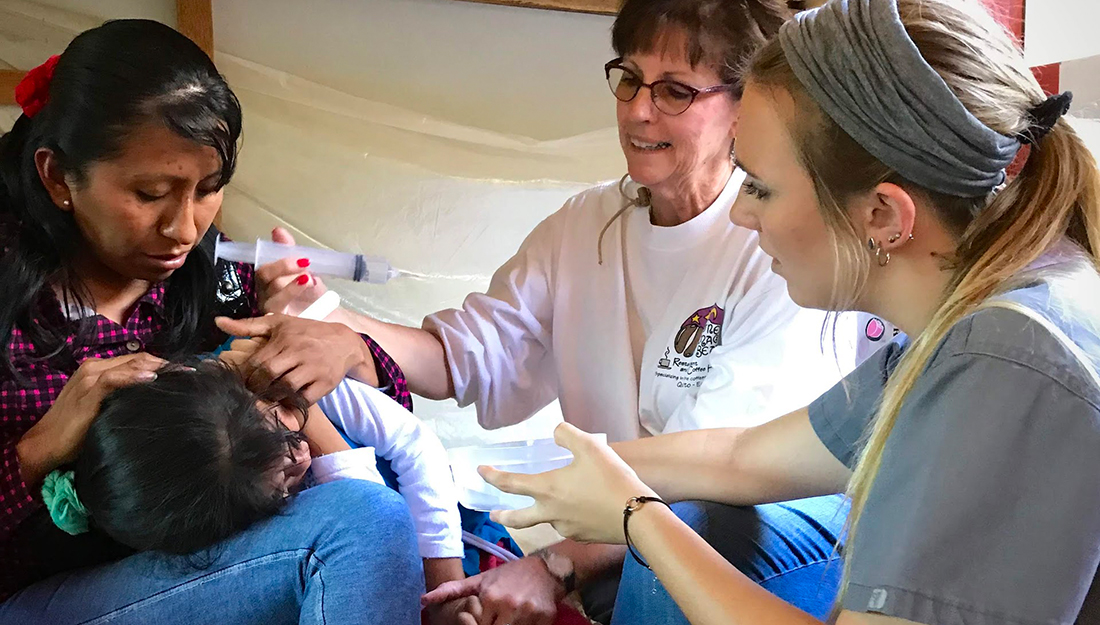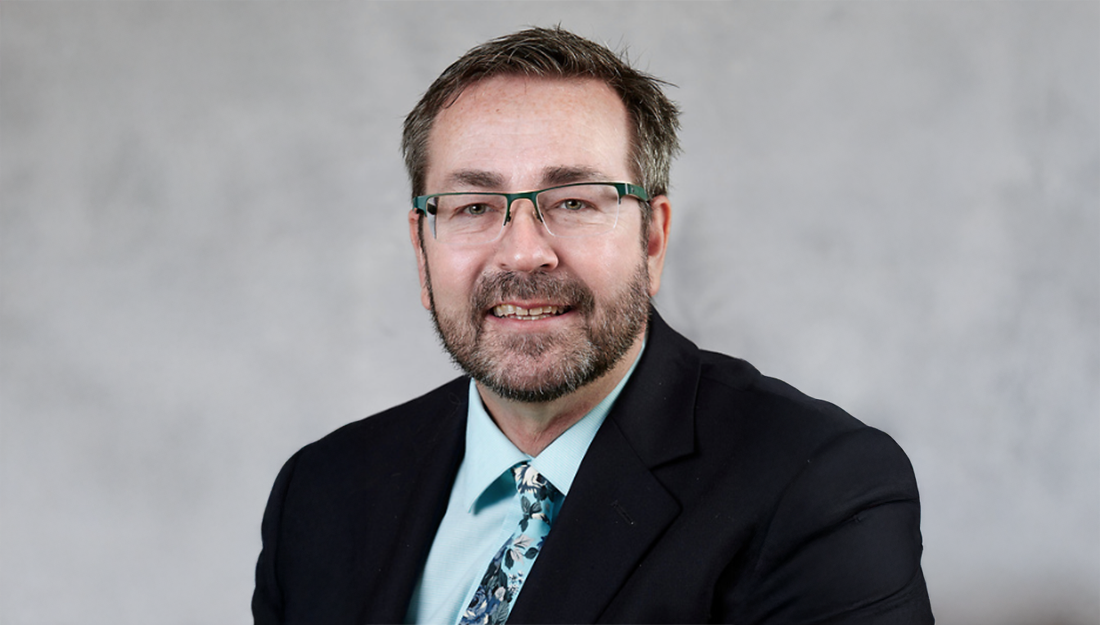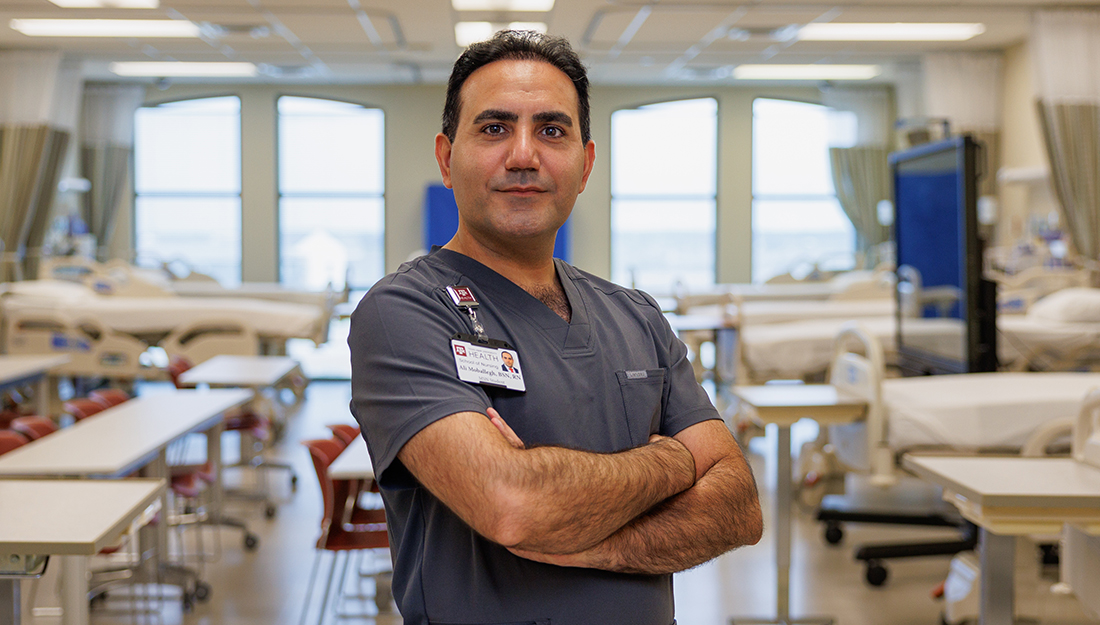- Diane L. Oswald
- Nursing, Pharmacy, Show on VR homepage
Aggies in the Amazon
Nursing students travel to the heart of Peru to provide health care for those in need

Quillabamba, Peru is home to approximately 9,000 people, and more live in the surrounding Amazonian jungle. Many of these hardworking Peruvians labor in fields, growing coffee, tropical fruits or cacao to provide food for their families. Their physically demanding lifestyle, poor nutrition and lack of access to health care has taken a toll on the entire community.
A Texas A&M College of Nursing assistant professor, Cindy Weston, DPN, RN, FNP-BC, and a team of Aggie students and faculty from nursing, a faculty member from pharmacy and physical therapy assistant students and faculty from Blinn Community College, traveled to Quillabamba to provide health care services and supplies. The trip, sponsored by the First Presbyterian Church of Bryan, marked the first time that many of the team’s patients received health care.
Steps to better health
“Some of our patients traveled more than five hours to visit the clinic, many traveling by foot across the Amazon basin to receive care,” Weston said. “In addition to the clinic, we also set up a small pharmacy and physical therapy station to serve patients.”
The most common conditions treated were nutritional deficiencies such as anemia and parasite infections, mostly due to the lack of clean drinking water, and arthritis, which stemmed from their hard-working lifestyle. But the team saw patients with less common ailments as well.
Weston recalled treating a man with oral cancer, another with congestive heart failure, a young pregnant woman who had been the victim of a sexual assault and a thirteen-year-old with Down syndrome who had pharyngitis (a sore throat) and had stopped eating. “In most cases, we were able to provide treatment in the form of supplements or medications such as vitamins or analgesics (painkillers), or we referred patients to nearby clinics or hospitals for further treatment,” Weston said.
In just a few days, the team got a lot accomplished.
“We assessed, treated or referred 378 patients, with ages ranging from a few months to over 90 years old,” said Weston. “But, we wanted to do more, and we knew that would involve additional patient education and providing basic health supplies in order to make a more lasting impact.”
Educating for better health
“We were able to teach on an individual basis and in large groups about a variety of topics,” Weston said, “including hygiene, healthy diet, exercise, stretches and safety measures.” The large lines of people waiting to be seen by a provider presented the opportunity to teach on these health care topics. The team hopes to implement additional health education classes in the future.
Along with basic health care education, the interprofessional team provided monitoring equipment for local nursing students to use, and they donated the remaining medications to local clinics. Professor Jaye Weston, MS, RPh, the team’s pharmacist, said his role included prepacking over 1000 unit doses of vitamins to distribute, as well as teaching patients about their medications and the benefits of taking vitamins. The team distributed the supply of remaining vitamins to families at the end of the trip, especially for the children to have.
“Even if a child only receives vitamins for three months, it can help them through some of their most critical development,” Weston said. “We could see the negative impact of nutritional deficiency in patients’ stunted growth and parasitic infections.”
The team treated many patients with infections and skin lesions that were unsightly and bothersome. “In the Quillabamba community and culture, that not only affects their physical state, but their social status as well,” Weston said. These patients were able to receive treatment in the form of a cream that would help heal the lesions.
“The gratitude from all the patients was so humbling,” Weston said. “They took my hand and thanked me with tears in their eyes. That was the most moving part.”
Providing care for better education
Medical mission trips not only benefit the patients receiving health care, but also the students who provide it. “Students develop cultural sensitivity and a deeper appreciation for the quality of health care that they have access to, and they have an opportunity to treat patients for concerns that they may never see in their practice otherwise,” Weston said. “Health is central to many important global issues, including education and economics. A healthy populous is a productive, creative and innovative populous.”
Article written by Christina Lynne Davies
Media contact: media@tamu.edu


